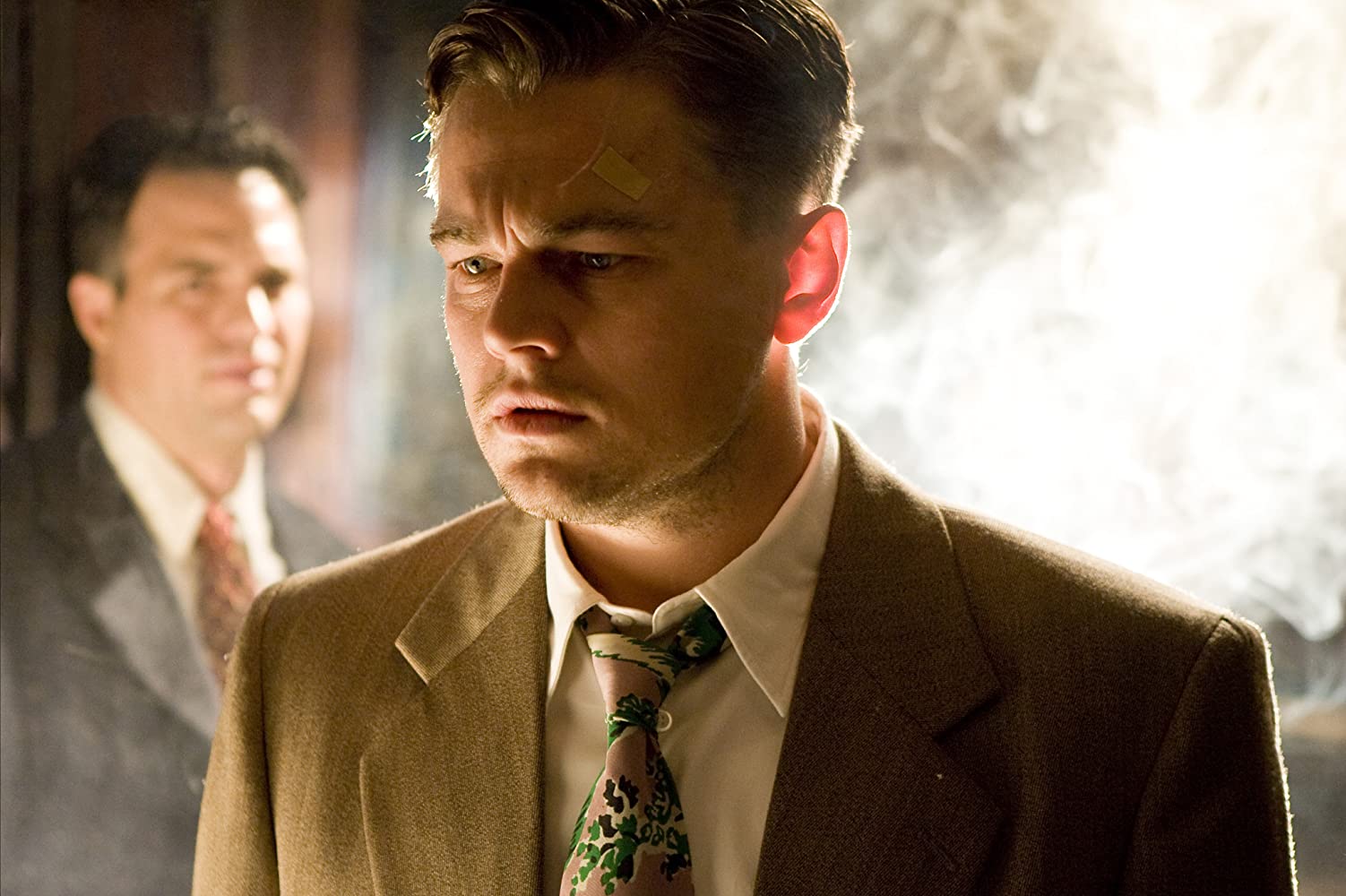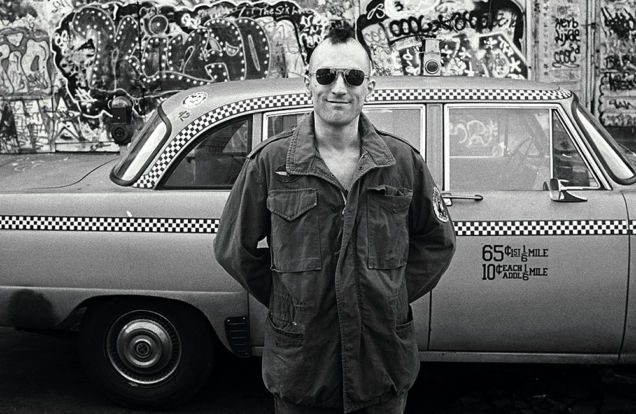DOUBLE FEATURE 10.09.20
Surprise Endings: Shutter Island + The Crying Game


A film that centers on a significant plot twist is one of the more difficult cinematic feats to pull off. The screenplay has to hold water and make sense on its own — it has to be seamless; otherwise, a twist is dismissed as a gimmick. An inquisitive viewer should go back over the film and piece together the narrative clues that support the plot-turn. If successful, the rewards are bountiful: The Usual Suspects made $23 million at the box office and won the Oscar for best screenplay, The Sixth Sense raked in an astonishing $672 million, Get Out took home $255 million and earned Jordan Peele a best screenplay Academy Award, and Parasite banked $264 million and swept the Oscars with four wins.
An early film to capitalize on a narrative twist is Neil Jordan’s The Crying Game. If it came out today, there is little chance it would have as enormous an impact on audiences as it did in 1992, primarily because keeping the twist a secret in the age of the internet would be near-impossible. A brilliant turn in marketing, viewers, were implored not to spoil the movie for those who hadn’t seen it. However, innovative advertising aside, The Crying Game is a poignant film that succeeds regardless of whether you know what’s coming. Set in Ireland and London amidst tensions between the IRA and Britain, its themes of race, gender politics, and sexual identity couldn’t be more relevant today. Exceptional performances by Stephen Rea, Forest Whittaker, and Jaye Davidson helped The Crying Game soar above its low production value. The Crying Game earned $60 million, and Jordan clinched the gold for his script.
The mood is set when a ferry emerges from the fog in Shutter Island‘s opening shot, Martin Scorsese‘s psychological thriller from 2010. In the ship’s bowel and suffering a vicious bout of seasickness is a U.S. Marshal, played by Leonardo DiCaprio. He’s been dispatched to a psychiatric hospital to investigate a missing patient. He passes through a cabin with shackles hanging from the ceiling and affixed to the walls on his way to the deck. When he emerges, he finds his partner, played by Mark Ruffalo, who seems to appear out of thin air, as does the ship’s captain, on the otherwise empty vessel. The marshals seem like stock characters lifted right out of a ’40s noir flick, and dialogue that is torn from the pages of a dime-store paperback. In the hands of Scorsese, what seems obvious cannot be taken at face value. The superficial tale is told through dialogue and action, and the visual story is conveyed through direction, imagery, score, and sound. Both are often at odds with one another, creating tension from which the real narrative emerges. The result, in the case of Shutter Island, is an unpredictable, cerebral maze of a thriller with a twist guaranteed to shock even the most astute viewers. Its $294 million box-office take made it Scorsese’s second highest-grossing film, coming in behind The Wolf of Wall Street.


